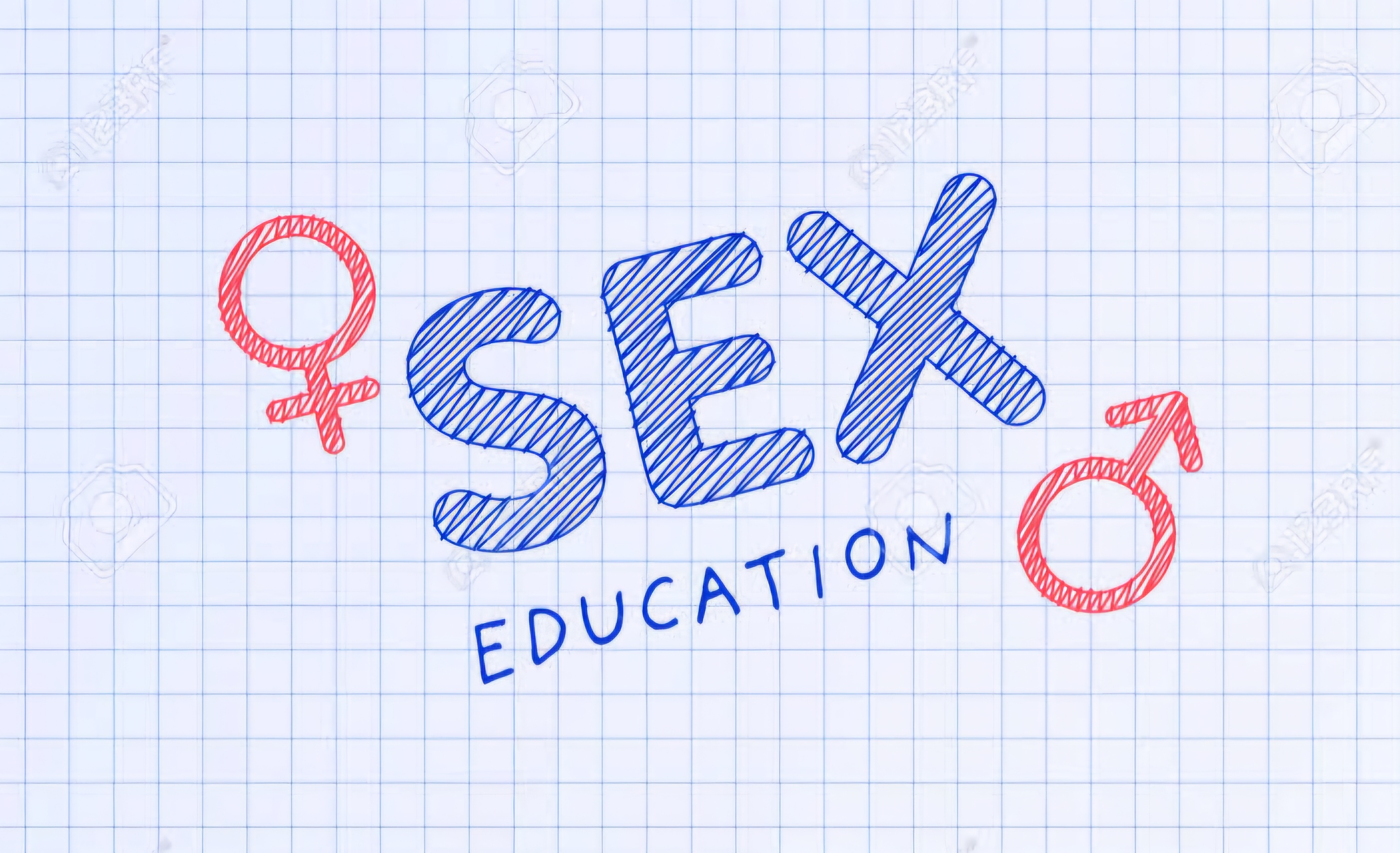


In a historic ruling, the Indian Supreme Court emphasized the need of sex education in the classroom as a means of preventing problematic sexual behavior (PSB) and limiting the dissemination of false material, especially on the internet. The Court emphasized that organized, school-based initiatives emphasizing acceptable behavior, consent, and healthy relationships can be extremely effective in reducing the incidence of PSB.
One of the Preeminent Court's essential concerns is the rise of web deception with respect to sexual wellbeing and connections. Within the advanced age, youthful individuals progressively depend on the web for information, often experiencing substance that's deceiving or hurtful. The unregulated and regularly erroneous data promptly accessible online has contributed to disarray, undesirable sexual hones, and unseemly conduct among youths.
The Court's administering underscores the require for formal instruction on these points, ensuring that understudies get exact, scientifically-backed data instead of depending on flawed online sources.
In its observation, the Court noted that implementing school-based sex education programs can offer students a clear understanding of vital issues such as consent, boundaries, and healthy relationships. These programs, if effectively executed, will teach students how to navigate interpersonal relationships with respect and responsibility, reducing the likelihood of engaging in PSB
Students who get sexual health education are better equipped to make decisions. Preventing Sexual Abuse: Educating kids about appropriate behavior and boundaries can help stop sexual abuse and harassment before it starts. Better Mental Health: Open communication is fostered by lowering the shame and stigma associated with sexual health issues, which promotes emotional stability. Fighting Gender Inequality: Healthy relationship-focused programs encourage tolerance for all genders, which contributes to a decrease in prejudice and violence against them.
The Incomparable Court's comments serve as a call to activity for policymakers and teachers to require proactive steps in actualizing comprehensive sex instruction over schools in India. The Court encouraged that such programs be outlined to address not as it were the organic viewpoints of sexual wellbeing but too the mental and social measurements, in this manner cultivating a more educated, capable, and compassionate era.
With the Court's solid underwriting, it is anticipated that school specialists and the government will presently prioritize the integration of sex instruction into the educational modules. This dynamic step might check a noteworthy move in how youthful individuals in India are taught almost their bodies, connections, and obligations.
TAGS: Supreme Court sex education problematic sexual behaviour internet misinformation consent healthy relationships school-based programs sexual health gender equality.